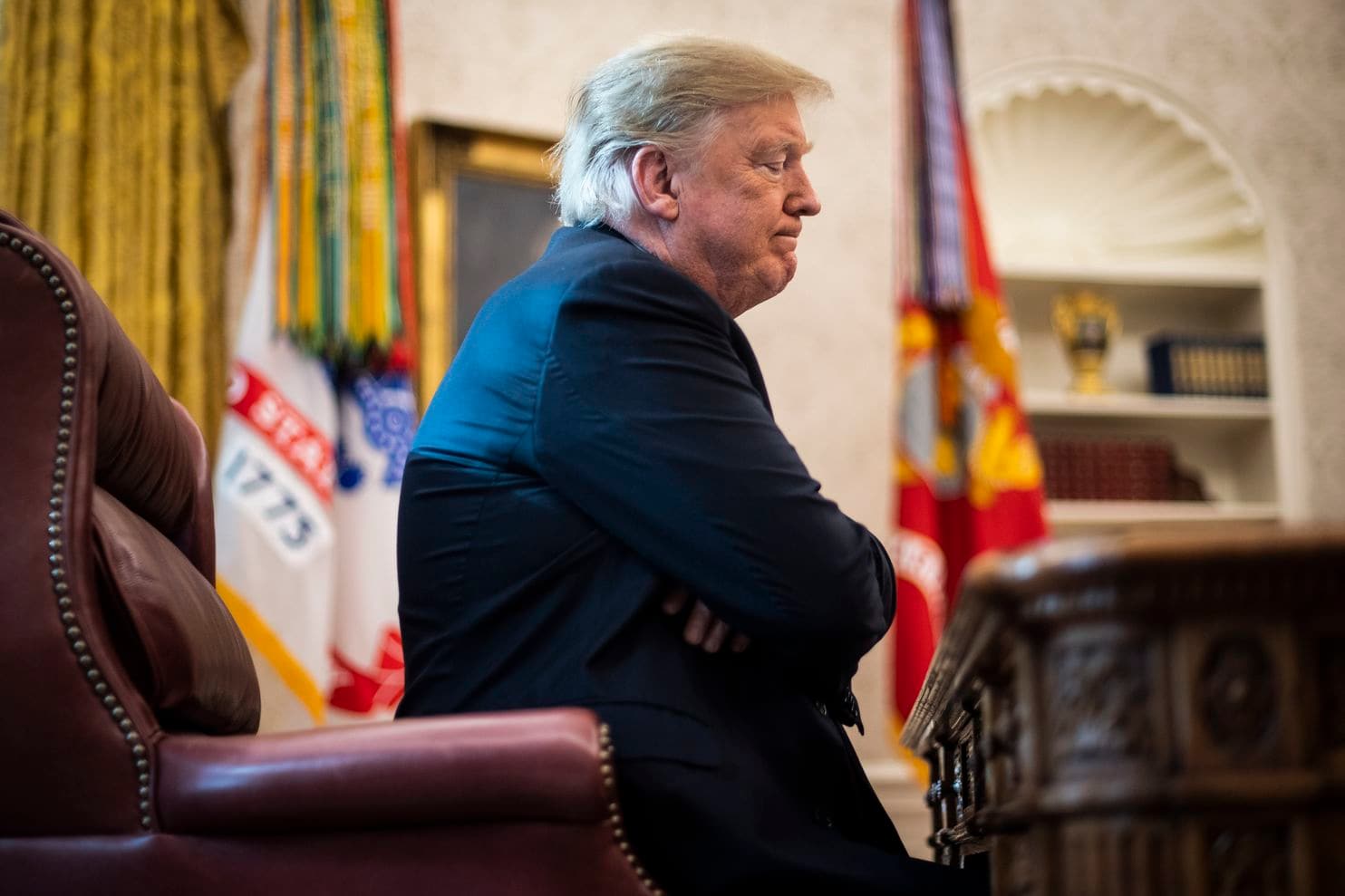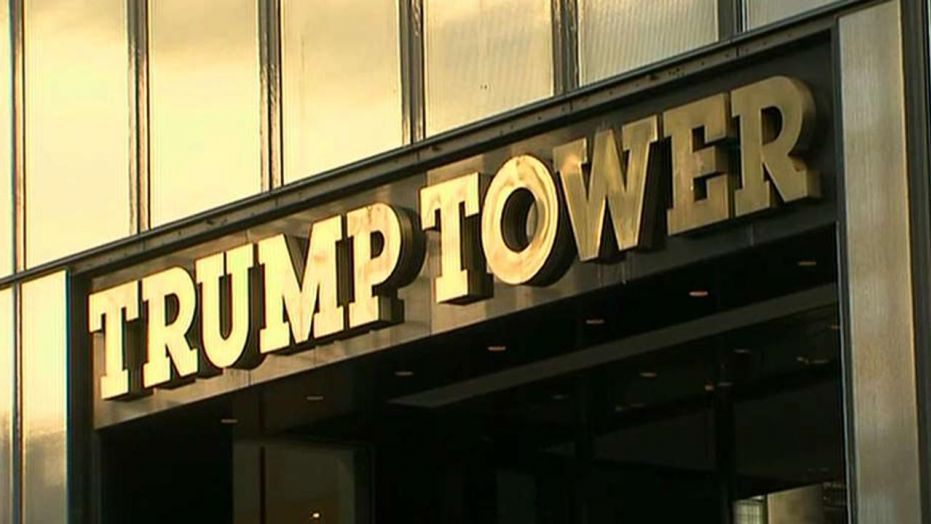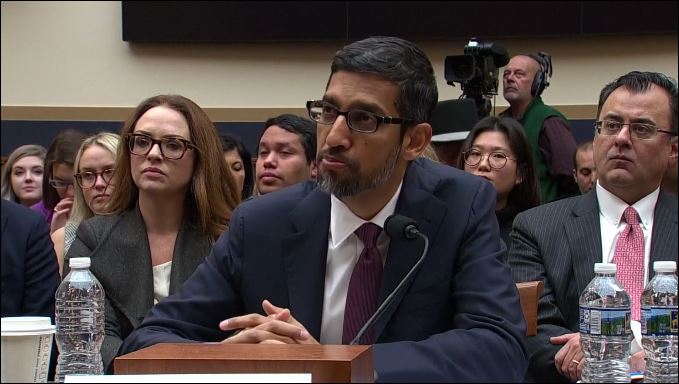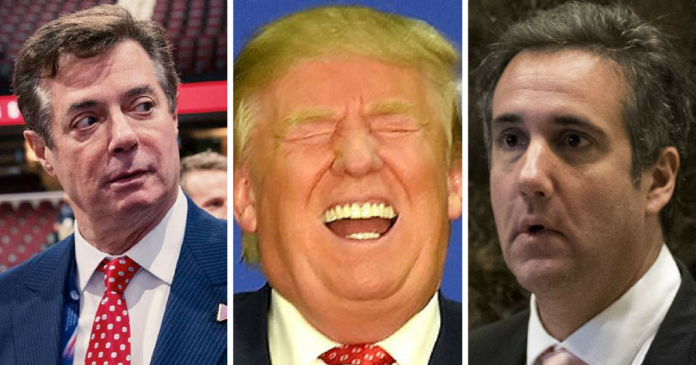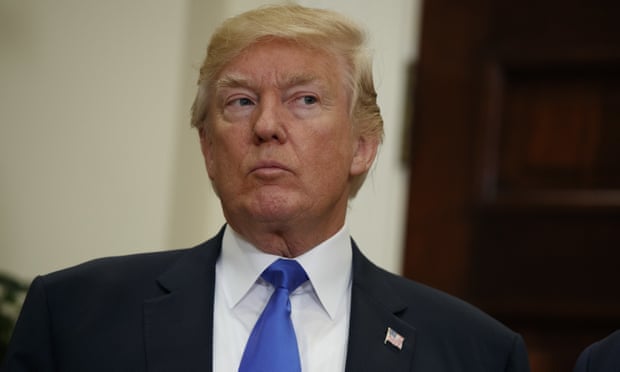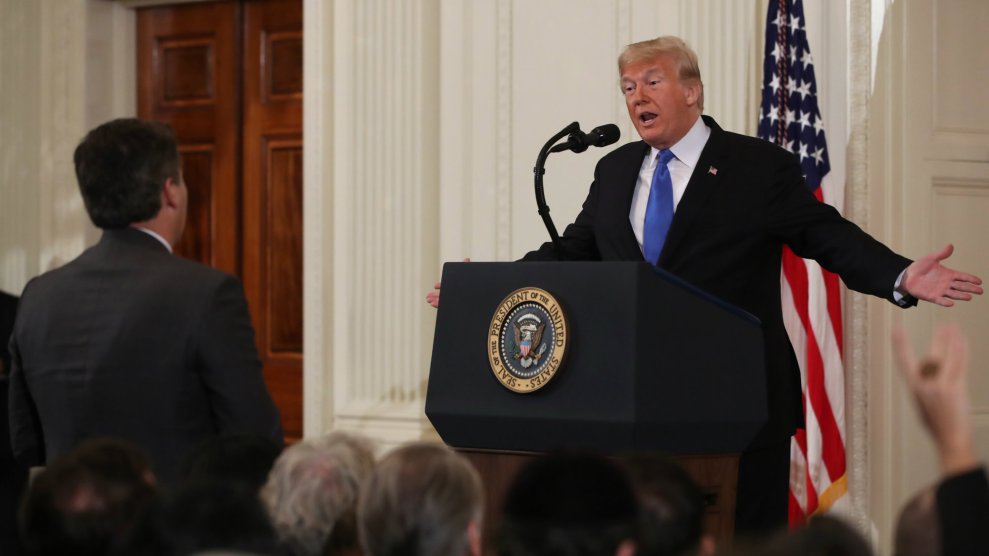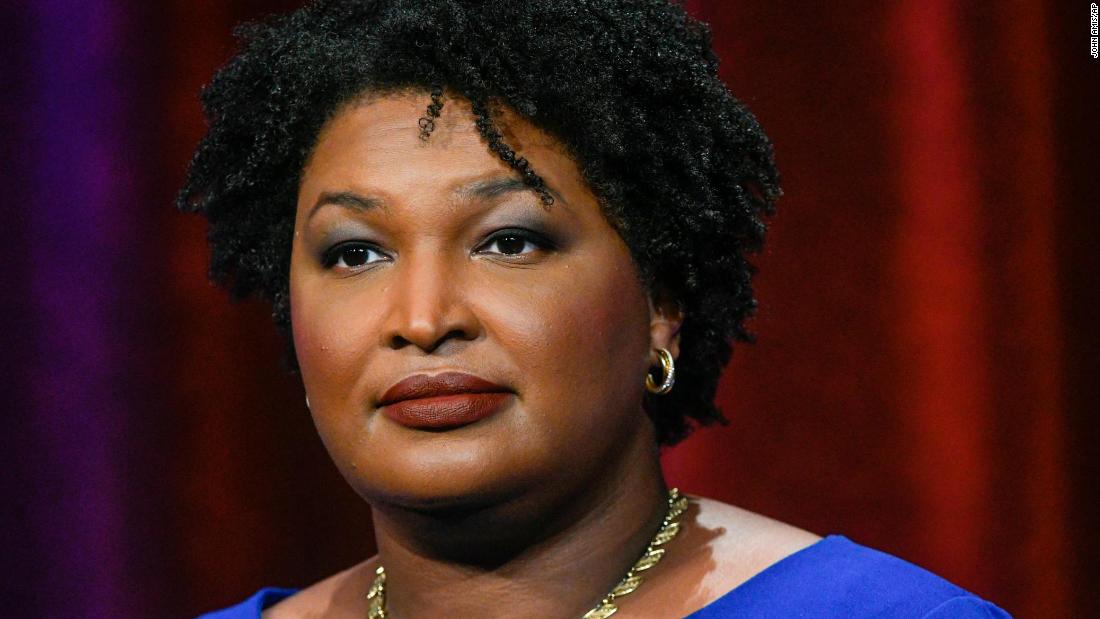As congresswoman Gabrielle Giffords continues her miraculous recovery from the gunshot wound she received about three weeks ago, speculations and accusations have dominated the airwaves as to the possible reason why gunman Jarad Loughner emptied a 30 round magazine into a crowd, critically wounding her and killing six people. These accusations have prompted Sarah Palin to go on the defense and issue a video message in which she tries to distance herself from the villanious political atmosphere she helped to create.
The speculations however continued, and social media helped spread theories on possible motives for the shooting. Some echoed the sentiments of President Obama, others blamed the political environment in which we live, and others called names, blaming both conservative and liberal political figures, pundits and bloggers for the incident.
But one interesting point of view on the shooting comes from Pierre Atlas, an associate professor of political science and director of the Richard G. Lugar Franciscan Center for Global Studies at Marian University in Indianapolis. Mr. Atlas, on January 14th wrote an article in the Indianapolis Star, where he said, “Words don’t kill. But reckless language can create an environment of hate, fear and hysteria that incites deadly acts of violence.”
Below is the article written by Pierre Atlas:
“I was in Israel in the summer of 1994 when the Oslo peace accords were just being implemented. It was a time of promise but also uncertainty and fear. Across the street from the prime minister’s residence in Jerusalem, I photographed numerous right-wing banners denouncing the Israeli government and Prime Minister Yitzhak Rabin for reaching a deal with the Palestinians. “The blood of the murdered screams out against the government,” one banner said in Hebrew. “He who makes a pact with a terrorist organization is responsible for murder,” said another. At a rally attended by tens of thousands of Israelis opposed to Oslo, I saw caricatures of Rabin wearing a Yasser Arafat-style headdress under the word “Liar!” Opposition leaders (and future prime ministers) Ariel Sharon and Benjamin Netanyahu played to the crowd, accusing Rabin of endangering the nation’s existence.
Antigovernment hyperbole and vitriol continued for months on end, culminating in November 1995 with the assassination of Rabin by Yigal Amir, a young Israeli opposed to the peace process. Morphed images of Rabin as a terrorist and accusations that he had Jewish blood on his hands did not kill the prime minister. But mainstream Israeli opposition leaders egged on the antigovernment hysteria for their own political gain, rather than condemning the inflammatory rhetoric. It was from this dangerous atmosphere that a mentally unstable assassin emerged to take the prime minister’s life.
I couldn’t help but think of this when I learned of Jared Loughner’s horrific shooting rampage in Tucson, Ariz., that killed a federal judge, a 9-year-old girl and four others in his attempted assassination of Rep. Gabrielle Giffords. By all accounts, Loughner, who was consumed by antigovernment paranoia, is even more mentally deranged than was Amir. But even insane people are influenced by their environment, and our current political environment is toxic.
American politics has been infected by an angry, take-no-prisoners polarization. Legitimate debate about controversial issues such as health care and immigration is being drowned out by an increasingly irrational hysteria. During the health-care debate, some members of Congress, including Giffords, were confronted by hate speech, vandalism and even death threats. Disingenuous talk by Republican politicians of “death panels” added fuel to the fire, as did the ludicrous suggestion that Obamacare poses an existential threat to the republic. In a democracy, be it Israel or the United States, responsible leaders should condemn extremist rhetoric and ideas rather than try to benefit from them politically.
Some on the left are suggesting that Tucson is a haven for right-wing nutcases; others are blaming the prevalence of guns in Arizona for Saturday’s violence. I reject both claims. I lived in Tucson for many years, where I held various jobs (including gun department manager of a sporting goods store) and obtained my master’s degree in political science from the University of Arizona. I lived in what is today Giffords’ congressional district.
My congressman was Jim Kolbe, a fiscally conservative, pro-gun Republican who also was pro-choice on abortion and openly gay. Back then at least, Tucson was a live-and-let-live sort of town, more libertarian than socially conservative.
Arizona seems to be much angrier today than when I lived there, but sadly that could be said about America in general. As for firearms, they are part of life in Arizona, a state that cherishes its frontier heritage. Many of my Tucson friends not only owned guns but often kept handguns in their vehicles. Guns are commonplace there, but shooting sprees and political assassinations are not.
Regardless of whether Loughner was influenced by politics, for the sake of our democracy we need to tone down the vitriol and stop viewing legitimate political opponents as enemies out to destroy America. And we need to remember that the government is not some alien force, but rather it is us — Americans from across the political spectrum who come to our state capitals and Washington, D.C. because, like Giffords and her murdered staffer Gabe Zimmerman, they believe in public service.”
Those who help foster this toxic political environment should once again take note and do some deep introspection. There’s nothing wrong with disagreeing on policies and the best ways to implement measures to move this country forward, but willfully contributing to the degradation of this nation’s democracy for selfish political gains, might also be looked upon as contributing to the assassination attempts on our elected leaders.


